Functional Medicine Approach for Lichen Planus
Lichen planus affects 1% to 2% of the population, causing inflammatory lesions on the skin, mouth, nails, and scalp. Conventional treatments offer temporary relief but often lead to recurrence and side effects. Functional medicine provides a holistic approach, addressing immune dysfunction, oxidative stress, and lifestyle triggers. Studies show that antioxidant-rich diets, vitamin supplementation, and herbal therapies like purslane and curcumin significantly reduce symptoms. Aloe vera gel, hypnosis, and biofeedback also promote healing. These strategies help patients successfully manage symptoms effectively, prevent flare-ups, and improve overall well-being. This blog explores evidence-based functional medicine solutions for Lichen Planus.
Symptoms of Lichen Planus
Lichen planus presents with distinct symptoms that affect the skin, mouth, nails, and scalp. Identifying these signs early helps manage the condition effectively.
- Itching & Pain – Persistent irritation, burning, or discomfort.
- White Lacy Streaks (Wickham Striae) – Visible on mucous membranes.
- Post-Inflammatory Hyperpigmentation – Dark spots remain after lesions heal.
Recognising these symptoms aids in timely intervention and treatment.
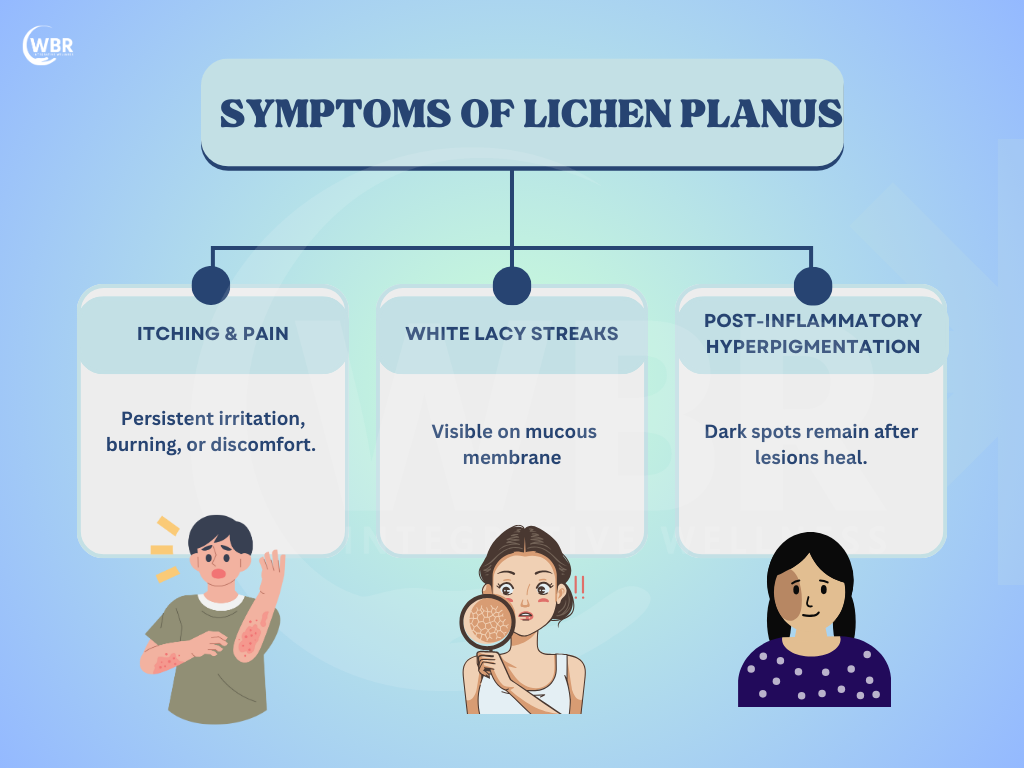
Types of Lichen Planus
Lichen planus appears in various forms, affecting different body areas with unique symptoms. Understanding these types helps in accurate diagnosis and treatment.
- Cutaneous LP – Purplish, itchy skin lesions, mainly on wrists and ankles.
- Oral LP – White lacy patches or painful sores inside the mouth.
- Genital LP – Painful, inflamed lesions affecting the genital areas.
- Hypertrophic LP – Thick, wart-like plaques, usually on the lower legs.
- Erosive LP – Painful ulcers causing severe discomfort, common in the mouth and genitals.
Each type requires specific care to manage symptoms effectively.
Root Causes and Triggers
Lichen planus is linked to immune dysfunction, where the body’s defense system mistakenly attacks healthy tissues. Several underlying factors contribute to its onset and severity. While the exact cause of Lichen Planus remains unclear, it is thought to stem from an autoimmune response. CD8+ T cells attack basal keratinocytes, triggering inflammation and cell death. Various factors, including allergens, infections, medications, and stress, act as triggers. The condition is also linked to other autoimmune disorders such as vitiligo, alopecia areata, and ulcerative colitis. Additionally, some research suggests a possible connection between lichen planus and hepatitis C, with a higher prevalence reported in affected individuals.
- Autoimmune dysfunction – The immune system overreacts, damaging skin and mucosal tissues. Also in case of suppressed immune system with low secretory IgA and low WBC levels.
- Heavy metal toxicity – Mercury from dental fillings or environmental exposure disrupts immune balance.
- Viral infections – Hepatitis C, EBV, CMV is strongly associated with lichen planus.
- Bacterial infections – H.Pylori, Bacteroides Fragilis, Enterococcus, Escherichia/Shigella, Klebsiella, Streptococcus etc and other dysbiotic and overgrowth microbes.
- Chronic stress & gut dysbiosis – Stress weakens immunity, and gut imbalances trigger inflammation.
- Food sensitivities & gluten intolerance – Certain foods worsen symptoms.
- Medication allergies – Some drugs provoke immune responses, leading to flare-ups.
- Connection with Hypothyroidism: Lichen planus has been linked to autoimmune conditions like hypothyroidism, where an overactive immune system mistakenly attacks healthy tissues. The chronic inflammation seen in hypothyroidism triggers immune-mediated skin reactions, contributing to lichen planus flare-ups. Balancing thyroid function through diet and lifestyle changes may help manage symptoms.
Functional Medicine Treatment Strategies For Lichen Planus
A functional approach targets immune dysregulation, inflammation, and gut health. Key strategies include using SPMs, turmeric, and quercetin to reduce inflammation, glutamine and Boswellia for gut repair, and probiotics like LP-33® and GG to restore immune balance.
Reducing Autoimmune Response & Inflammation
Addressing lichen planus requires a targeted approach to reduce autoimmunity, inflammation, and gut imbalances. Functional medicine focuses on restoring immune balance and healing damaged tissues through nutraceuticals and gut support:
Reducing Autoimmune Response & Inflammation
- SPMs (Specialized Pro-Resolving Mediators) – Modulate immune response.
- BCM-95™ Turmeric & Devil’s Claw – Reduce chronic inflammation.
- Quercetin & Bromelain – Regulate histamine response.
Gut Health & Mucosal Integrity
- Glutamine & Boswellia (BosPure®) – Repair intestinal lining.
- Lactobacillus paracasei LP-33® & Lactobacillus rhamnosus GG – Support immune balance.
Detoxification and Elimination of Triggers
- Heavy Metal Detox – Support liver detox pathways with targeted nutrients.
- Clinical Detox – Eliminate gut pathogens and enhance liver clearance.
- Elimination Diet – Identify triggers like gluten, dairy, and processed foods.
- Identifying food triggers through an Elimination and Rechallenge Program (gluten, dairy, processed foods, alcohol).
Nutritional Support for Healing in Lichen Planus
Eliminating triggers and supporting detoxification helps manage Lichen Planus. Key strategies include:
Nutritional Support for Healing
- Essential Nutrients – Zinc + Vitamin C, Vitamin D3, and Omega-3s for immune balance.
- Anti-Inflammatory Diet – Prioritize whole foods while avoiding refined carbs, alcohol, and smoking.
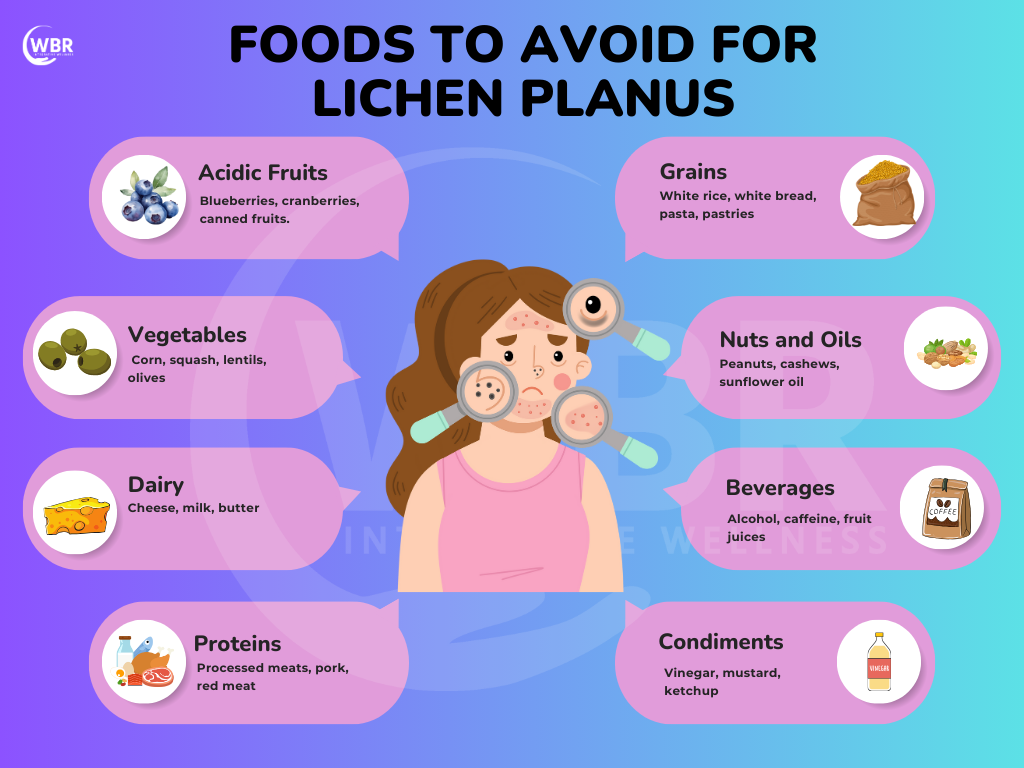
Nutritional and Herbal Supplementation
Targeted vitamins and herbs help manage Lichen Planus by reducing inflammation and supporting immune function:
- Antioxidants – Vitamin A, C, E, and beta-carotene combat oxidative stress.
- Omega-3s – Found in fish oil and flaxseeds, they reduce inflammation.
- Zinc – Modulates immune response.
- Purslane – Clinically proven antioxidant for symptom relief.
- Curcumin – At 6,000 mg/day, significantly reduces inflammation.
- Herbal Support – Licorice root, marshmallow leaf, calendula, and hawthorn provide soothing, immunomodulatory effects.
Mind-Body Therapies for Immune Regulation
Chronic stress worsens Lichen Planus by triggering immune dysregulation. Mind-body therapies help restore balance:
- Yoga & Meditation – Lowers cortisol levels, reducing inflammation and immune overactivity.
- Hypnosis – Aids in modulating immune response and easing symptoms.
- Breathwork (4-7-8 breathing) – Enhances relaxation, lowers stress hormones, and supports immune resilience.
Natural Topical & Integrative Treatments
Targeted natural treatments help soothe and heal Lichen Planus symptoms effectively.
For Skin Lesions:
- Zinc-Based Applications – Supports mucosal healing and reduces irritation.
- Aloe vera gel with allicin gel or cream (from garlic): Soothes inflammation, promotes healing, and provides antimicrobial support for lichen planus-affected skin.
- 5 drops of geranium oil, 3 drops of myrrh oil, 3 drops of tea tree oil: Mix all three with 1 tbsp of shea butter and apply on the affected areas.
For Oral Lichen Planus:
- Silver hydrosol liquid in mouth area
- Curcumin (4-6 grams/day): Strong anti-inflammatory, clinically shown to reduce oral lesions.
- Purslane Extract (235 mg/day): A potent antioxidant and anti-inflammatory botanical that improves symptoms.
Combining these natural remedies with internal support strategies enhance healing and long-term symptom management.
Hygiene and Lifestyle Modifications
Proper hygiene and lifestyle adjustments help manage Lichen Planus and prevent flare-ups.
- Use Gentle Cleansers – Avoid harsh soaps; opt for mild, non-soap cleansers for affected skin.
- Avoid Irritants – Stay away from sodium lauryl sulfate (SLS) in shampoos, preservatives, and artificial fragrances.
- Oral Care – Use fluoride-free toothpaste, alcohol-free mouthwash, and a soft-bristled toothbrush.
- Dental Considerations – Avoid materials like mercury and gold-based restorations, which may trigger immune reactions.
These changes help reduce irritation, promote healing, and support overall symptom control.
Aloe Vera Therapy
Aloe vera is a powerful natural remedy for Lichen Planus, offering anti-inflammatory, soothing, and healing properties. When applied topically, aloe vera gel helps reduce itching, redness, and lesion severity. Clinical studies have shown that patients using aloe vera experienced significant symptom relief and faster healing compared to those on a placebo. Its mucosal-protective effects also make it beneficial for oral Lichen Planus. Regular application of pure aloe vera gel or aloe-based mouthwashes improves discomfort and accelerates recovery. With its proven efficacy and minimal side effects, aloe vera is a safe and effective complementary treatment for Lichen Planus.
Mind-Body Therapies
Chronic stress worsens autoimmune conditions like Lichen Planus by triggering immune dysfunction and inflammation. Incorporating stress-relief techniques help manage symptoms and improve overall well-being.
- Hypnosis: Helps reduce inflammation and improve emotional resilience.
- Biofeedback: Trains individuals to control physiological responses like pain and immune reactions.
- Meditation & Yoga: Promotes relaxation, balances the nervous system, and modulates immune function.
- Massage & Aromatherapy: Uses essential oils like lavender and chamomile to relieve stress and inflammation.
Probiotics for Lichen Planus
Balancing gut microbiota plays a crucial role in managing lichen planus by reducing systemic inflammation and modulating immune function. Certain probiotics have shown promise in improving symptoms:
- Lactobacillus rhamnosus GG: Supports immune regulation and reduces inflammatory responses.
- Lactobacillus paracasei LP-33®: Helps modulate allergic and autoimmune reactions.
- Bifidobacterium longum 1714 and 35624: Strengthens gut barrier function and reduces oxidative stress.
- Saccharomyces boulardii CNCM I- 745: Aids in gut healing and reduces immune overactivation.
- Lactobacillus Plantarum 299v: Supports gut health and immune balance, helping to reduce inflammation and improve skin conditions like lichen planus.
Incorporating these probiotics can support gut health, reduce inflammation, and potentially alleviate symptoms of lichen planus.
Prebiotics for Lichen Planus
Prebiotics nourish beneficial gut bacteria, helping to regulate the immune system and reduce inflammation, which is crucial for managing lichen planus.
- FOS (Fructooligosaccharides): FOS promotes the growth of Bifidobacteria and Lactobacilli, improving digestion, enhancing gut barrier function, and reducing autoimmune-triggered inflammation.
- Sunfiber (PHGG): A gentle, low-FODMAP prebiotic, Sunfiber supports gut microbiome balance, aids in gut lining repair, and reduces systemic inflammation, helping to manage skin conditions like lichen planus
The Role of Functional Testing
Functional testing helps identify underlying triggers and guide personalized treatment for lichen planus.
- Biopsy – Confirms diagnosis by analyzing affected tissue.
- Omega-3 Index Test – Evaluates inflammatory balance and need for essential fatty acids.
- Heavy Metal Testing – Detects mercury and other toxic elements contributing to immune dysfunction.
- Comprehensive Stool Analysis – Assesses gut microbiome imbalances and potential dysbiosis affecting immune regulation.
- Gut Healing Protocol: It focuses on reducing inflammation and restoring gut health. It starts with removing inflammatory foods, replacing digestive enzymes, and repopulating the gut with probiotics like Lactobacillus plantarum 299v. Next, it repairs the gut lining with nutrients like L-glutamine and zinc, rebalances stress and hormones, and reintroduces foods cautiously to maintain long-term immune stability.
These tests provide valuable insights, allowing for targeted interventions to address root causes.
Conclusion
Lichen Planus is a complex autoimmune condition that requires a multifaceted approach for effective management. Functional medicine focuses on identifying root causes, reducing inflammation, and strengthening immune balance through targeted nutrition, detoxification, and stress management. Incorporating natural remedies, herbal support, and lifestyle modifications can significantly improve symptoms and prevent flare-ups. By addressing underlying triggers and adopting a holistic treatment plan, individuals can achieve long-term relief and a better quality of life. Healing begins with informed choices and consistent self-care.


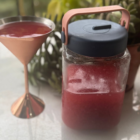
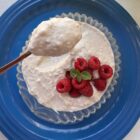


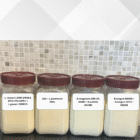



Elizabeth
19-Dec-25Very informative